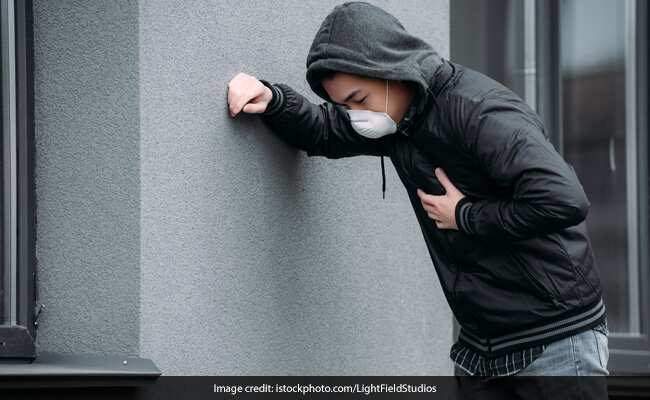COVID-19: It is known that individuals who have severe, mild or even asymptomatic form of COVID-19 develop antibodies a few weeks after infection: Dr Maria Van Kerkhove, COVID-19 Technical Lead at WHO.

It is important to continue taking precautionary measures after recovering from COVID-19
HIGHLIGHTS
- Antibodies last for a few months after recovering from COVID-19
- They develop a few weeks after being infected with coronavirus
- Studies show that the antibodies may last for six months or longer
Once you have recovered from coronavirus, does it mean that you are immune from the disease? Till when is it safe to say that you will not get reinfected? Answering some of these important questions are experts from World Health Organization, in its latest IGTV. Dr Maria Van Kerkhove explains what happens inside our body, once we recover from COVID-19, as far as immunity is concerned. "When individuals are infected with the SARS-CoV-2 virus, which causes COVID-19, they develop antibodies a few weeks after the infection. We know that individuals who have severe, mild or even asymptomatic form of disease develop antibodies a few weeks after infection," says Dr Kerkhove in the video.
How long does immunity last after you recover from COVID-19?
More studies are currently being conducted to see how strong this immune response is, and for how long do these antibodies last. "Some of these studies signal that the antibodies last for many months. There are studies which show that the antibodies last for six months and possibly longer. We do have clues from other coronaviruses that it will not be a lifelong immunity," she explains.
Also read: COVID-19: 3 Myths About Coronavirus You Must Stop Believing
On being asked if we should continue taking precautions like wearing a mask, washing hands and practicing physical distancing, after having recovered from the virus, Dr Kerkhove says, "Yes. It's important that everybody adheres to the public health measures that are outlined in the areas where they live."

It is important to continue taking precautions like washing hands regularly, even after recovering from COVID-19
Photo Credit: iStock
Part of this is really a show of solidarity with everybody else that is going through this difficult time. "We still don't know for how long the immune response lasts so it is important to continue practicing precautions for COVID-19. We need to continue to ensure that we wash our hands with soap and water or an alcohol-based hand rub; that we wear a mask wherever appropriate, and we take all the precautionary measures outlined in the areas where we live and work" she adds.
Also read: Want To Know How, When And Where You Can Catch Coronavirus? Read Here
Speaking about the risk of reinfection, there are chances of it, as is the case with other viruses. Scientists are yet to find out how often this is happening, but there are cases from countries that have reported reinfection of individuals. "They have been able to do so because they have good lab systems and they're able to do full genome sequencing of the first infection and the subsequent infection," Dr Kerkhove, COVID-19 Technical Lead at WHO, says.
Scientists are working towards learning more about each occurrence of reinfection, and the antibody response in that individual, at the time of the first and second infection. If the second infection is more severe or less severe than the first one, and what reinfection means in terms of antibody response is still being studied.
Till then, it is important that we continue to do everything possible to prevent from catching the infection.
Also read: COVID-19: 8 Safety Tips You Must Follow During Christmas And New Year Celebrations
(Dr Maria Van Kerkhove is COVID-19 Technical Lead at WHO)
Disclaimer: This content including advice provides generic information only. It is in no way a substitute for qualified medical opinion. Always consult a specialist or your own doctor for more information. NDTV does not claim responsibility for this information.
DoctorNDTV is the one stop site for all your health needs providing the most credible health information, health news and tips with expert advice on healthy living, diet plans, informative videos etc. You can get the most relevant and accurate info you need about health problems like diabetes, cancer, pregnancy, HIV and AIDS, weight loss and many other lifestyle diseases. We have a panel of over 350 experts who help us develop content by giving their valuable inputs and bringing to us the latest in the world of healthcare.














